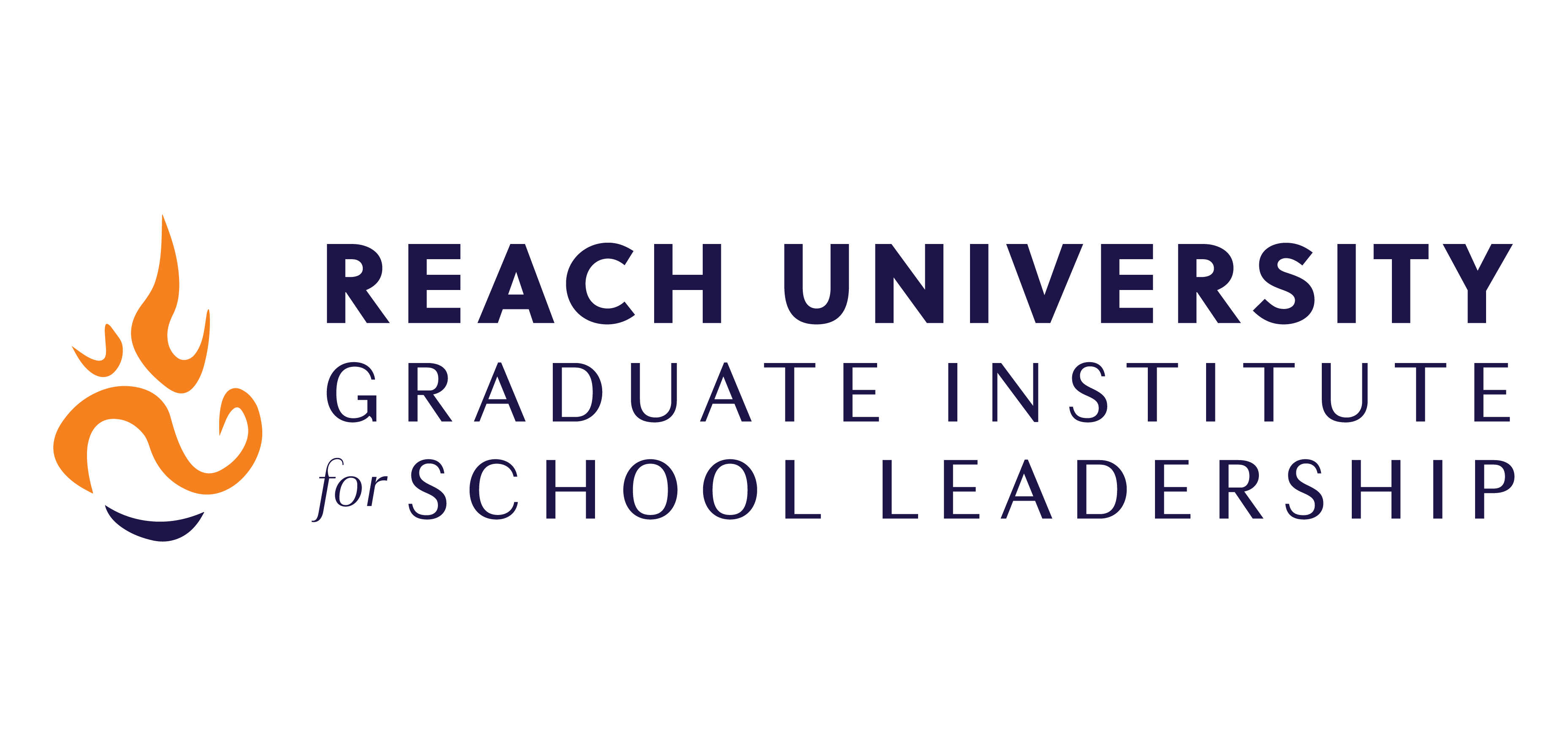Supporting Vocabulary Instruction for English Learners

Improving the academic outcomes for English Learners is a challenge faced in the Oakland Unified School District as this population continues to grow. Academic data has found that these students often have lower academic proficiency rates than their English-only counterparts and this achievement gaps continues to widen over the course of their academic careers. English Learners are not meeting the criteria to be reclassified as English Proficient and continue to part of the lowest academic performing groups. The lack of academic English has been identified as a key factor for students not meeting reclassification criteria. This action research proposes that by coaching teachers in identifying and implementing appropriate instructional strategies in the acquisition of academic vocabulary will improve the English proficiency leading to increased reclassification rates of English Learners. For this action research I created an intervention to support new teachers in implementing a school-wide strategy for explicit vocabulary instruction. The intervention focused on coaching the participating teachers after training on teaching vocabulary using a repeated read-aloud. Through coaching teachers were able to reflect on and refine their instructional practices to ensure that their students were successful in acquiring academic vocabulary using a research-based strategy. The desired outcome was that as teacher were coached on implementing a strategy supporting vocabulary development for English Learners they would implement the targeted strategy with more frequency. Observational data and teacher self-reflections demonstrated that teachers were able to teach academic vocabulary successfully and the routine was implemented with more frequency. The results of this intervention speak to the importance of coaching following professional development to support teachers in meeting the needs of their students and developing their craft as teachers.

